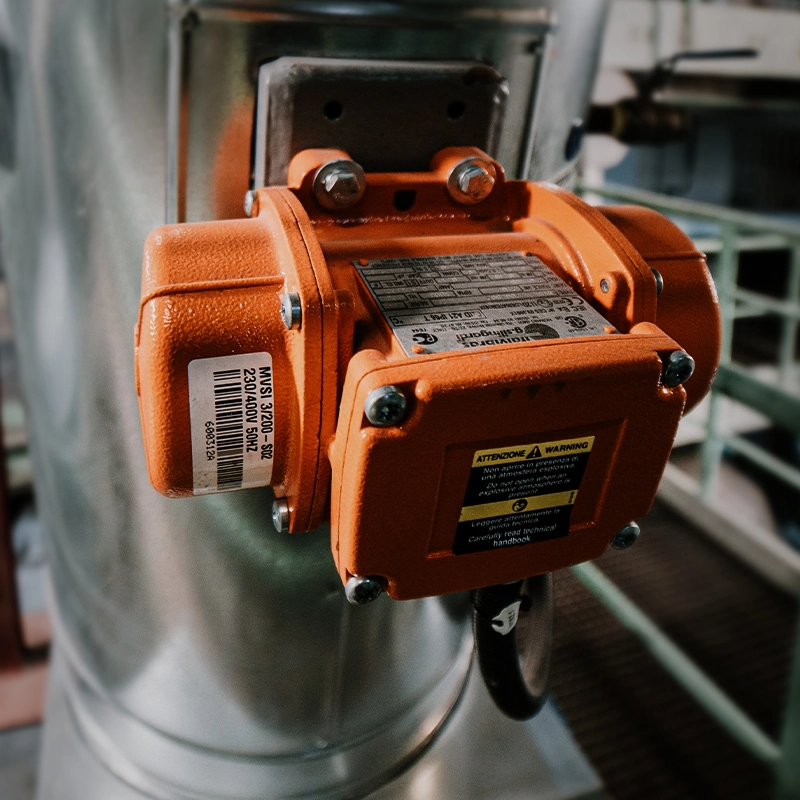Mobile:+86-311-808-126-83
Email:info@ydcastings.com
dust collector impeller for sale
Dust Collector Impellers for Sale Enhancing Air Quality and Efficiency
In various industrial environments, maintaining air quality is crucial for the health and safety of workers as well as for the efficiency of machinery. Dust collector systems are essential components that help mitigate airborne contaminants. A key element of these systems is the impeller, which plays a significant role in the performance of dust collectors. If you're in the market for dust collector impellers, you'll find a range of options designed to meet different operational needs.
Understanding Dust Collector Impellers
Impellers are rotating components within dust collector systems that generate airflow. They work by drawing in air laden with dust and other particulates, which are subsequently separated and contained. The effectiveness of a dust collector largely depends on the design and quality of its impeller, as this component directly influences the airflow capacity and overall dust collection efficiency.
Types of Impellers
There are various types of impellers available for sale, each with unique characteristics tailored to specific applications. The most common types include
1. Centrifugal Impellers Known for their high efficiency, these impellers are excellent for generating high airflow and are often used in larger dust collection systems.
2. Axial Impellers Designed for applications requiring a lower pressure but high volume of airflow, axial impellers are suitable for environments with less dense dust.
3. Mixed Flow Impellers Combining features from both centrifugal and axial designs, mixed flow impellers offer versatile performance for varied dust collection needs.
Factors to Consider When Purchasing Impellers
dust collector impeller for sale

When selecting impellers for dust collectors, several factors should be considered to ensure optimal performance
- Material Impellers are often made from materials such as stainless steel, plastic, or composite options. The material choice should be based on the type of dust being collected and the operating environment's conditions.
- Size and Capacity The size of the impeller should match the specifications of your dust collector system. Oversized or undersized impellers can lead to inefficiencies and operational challenges.
- Design and Efficiency Look for impellers designed with advanced aerodynamics to improve airflow and energy efficiency. High-efficiency designs can substantially reduce operating costs.
- Compatibility Ensure that the impeller is compatible with your existing dust collector system. Compatibility issues can lead to installation challenges and performance inefficiencies.
Finding Quality Impellers for Sale
When looking to purchase dust collector impellers, it’s essential to source your products from reputable suppliers. Many manufacturers offer a range of options online and offline. It's advisable to research suppliers, read customer reviews, and check for warranties or return policies. Additionally, consider consulting with experts to gain insights into the best impeller selections for your specific requirements.
Conclusion
Investing in the right dust collector impeller can significantly enhance the performance of your dust collection system, improve air quality, and contribute to a safer working environment. By understanding the different types, material considerations, and compatibility, you can make an informed decision when purchasing impellers for your dust collection needs. Remember, a well-chosen impeller not only boosts efficiency but also prolongs the lifespan of your dust collector systems.
-
Why Should You Invest in Superior Pump Castings for Your Equipment?NewsJun.09,2025
-
Unlock Performance Potential with Stainless Impellers and Aluminum End CapsNewsJun.09,2025
-
Revolutionize Your Machinery with Superior Cast Iron and Aluminum ComponentsNewsJun.09,2025
-
Revolutionize Fluid Dynamics with Premium Pump ComponentsNewsJun.09,2025
-
Optimizing Industrial Systems with Essential Valve ComponentsNewsJun.09,2025
-
Elevate Grid Efficiency with High-Precision Power CastingsNewsJun.09,2025











